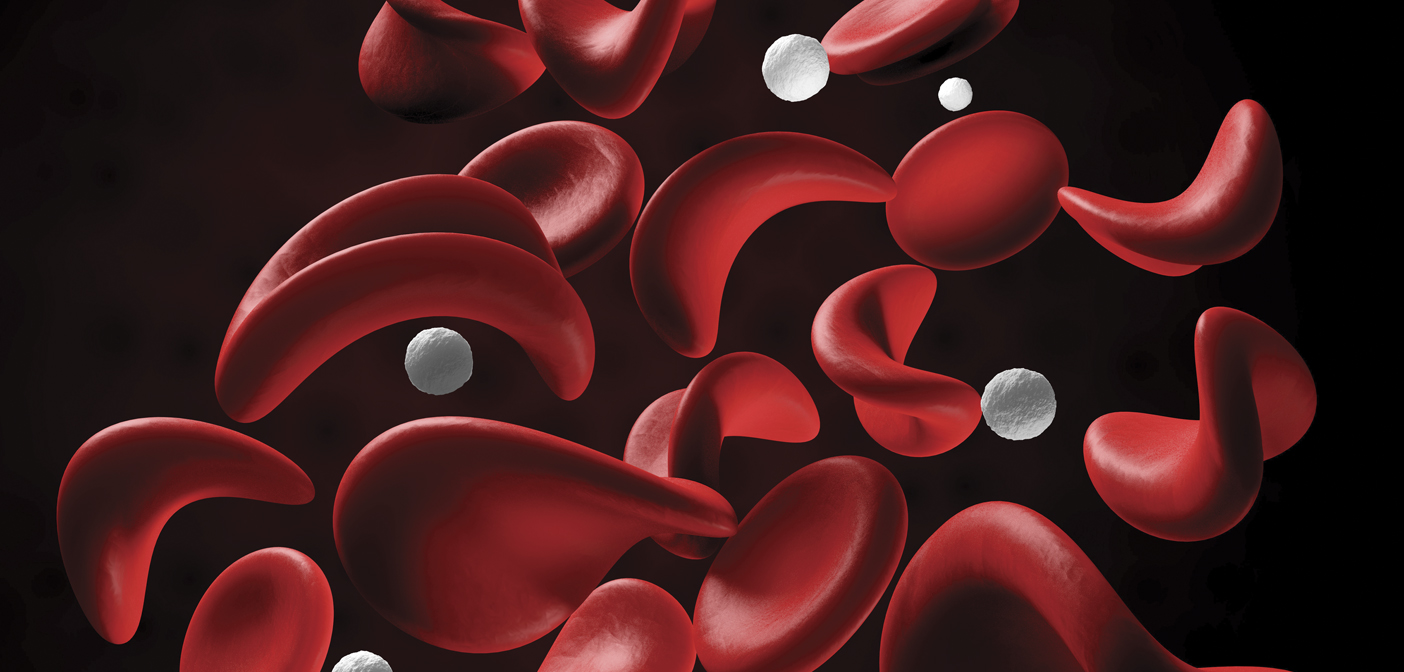
Sickle Cell Anemia, a hereditary blood disorder, warrants attention due to its impact on individuals’ health. Understanding this condition is crucial. Dr. Vikas Dua, one of the best Sickle Cell Anemia doctors near me, offers insights into its causes, symptoms, and diagnostic methods.
Understanding Sickle Cell Anemia:
Sickle Cell Anemia is a genetic disorder characterized by abnormally shaped red blood cells. These cells become rigid and crescent-shaped (like sickles) instead of the usual round shape. This alteration affects the cells’ ability to carry oxygen, leading to various complications.
Causes of Sickle Cell Anemia:
The condition arises due to a genetic mutation in the hemoglobin gene responsible for producing hemoglobin, the oxygen-carrying protein in red blood cells. Inheriting the abnormal hemoglobin from both parents leads to the development of Sickle Cell Anemia.
Symptoms and Complications:
- Pain Crises: Severe and recurrent episodes of pain occur due to blocked blood flow in small vessels.
- Anemia: Reduced red blood cell count leads to fatigue and weakness.
- Organ Damage: Restricted blood flow can damage organs, leading to complications in the lungs, kidneys, spleen, and other organs.
- Infections: Sickle cells impair the immune system, increasing susceptibility to infections.
- Stroke and Vision Problems: Blocked blood vessels can cause strokes and vision impairments.
Diagnosing Sickle Cell Anemia:
- Newborn Screening: Many countries include Sickle Cell Anemia in routine newborn screenings to detect the disease early.
- Hemoglobin Electrophoresis: This blood test identifies abnormal hemoglobin variants associated with the condition.
- Genetic Testing: Confirmatory tests analyze the specific genetic mutations causing Sickle Cell Anemia.
Management and Treatment:
- Hydroxyurea: This medication reduces the frequency and severity of pain crises.
- Pain Management: Medications and treatments aim to alleviate pain during crises.
- Blood Transfusions: In severe cases, transfusions help manage anemia and prevent complications.
Dr. Vikas Dua – Expert in Sickle Cell Anemia:
Dr. Vikas Dua is a renowned specialist in Sickle Cell Anemia, offering comprehensive care and personalized treatment plans. His expertise in diagnosing and managing this condition ensures patients receive the best possible care.
Conclusion:
Understanding the causes, symptoms, and diagnostic approaches for Sickle Cell Anemia is crucial for early detection and effective management. Dr. Vikas Dua, who is one of the best Sickle Cell Anemia doctors near me, says, individuals affected by Sickle Cell Anemia can receive comprehensive care and support tailored to their needs.

